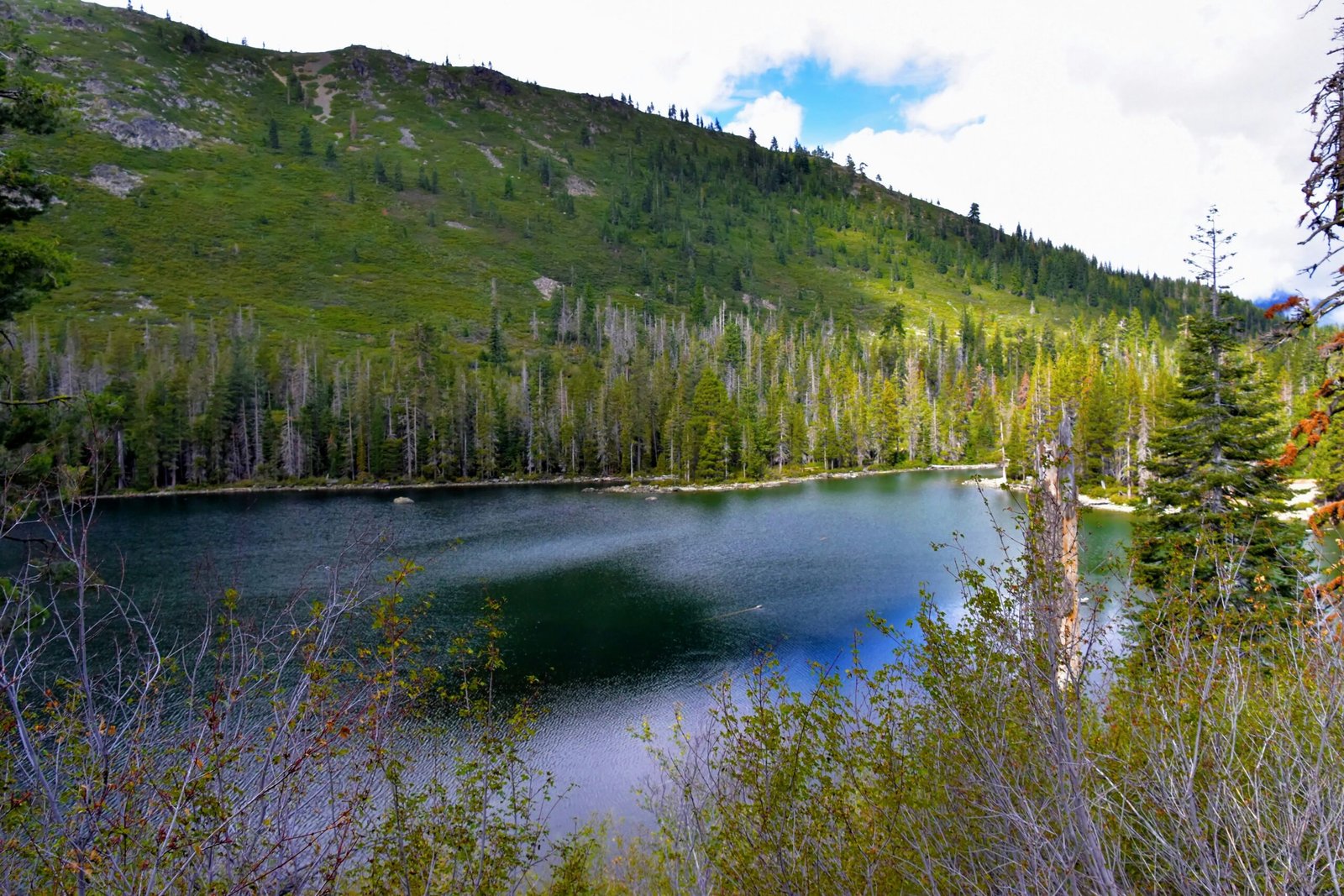Water rights have long been a contentious issue in California, known for its arid climate and limited water resources. The ongoing debates and legal battles over water rights in the state have far-reaching implications for agriculture, urban development, and conservation efforts. In this article, we will delve into the complexities of this issue and examine its impact on these key areas.
Understanding Water Rights
In California, water rights are based on a system known as “prior appropriation.” This means that those who first put the water to beneficial use have the strongest rights. The state’s complex water rights system is further complicated by the fact that water is a shared resource, with multiple users and competing interests.
Agriculture, one of the largest water users in the state, relies heavily on water for irrigation. As a result, disputes over water rights often arise between agricultural interests and other users, such as urban areas and environmental conservation groups.
The Impact on Agriculture
California’s agricultural industry plays a vital role in the state’s economy, providing food and jobs for millions of people. However, the availability of water is crucial for the success of this industry. As water supplies become increasingly limited, farmers are faced with the challenge of balancing their water needs with the needs of other users.
In recent years, prolonged droughts and increasing water demands have put significant strain on the agricultural sector. Farmers have had to implement water-saving measures, such as drip irrigation and precision agriculture, to maximize efficiency and reduce water consumption. However, these measures can only go so far in mitigating the impact of water scarcity.
Furthermore, the allocation of water rights has sparked conflicts between different agricultural regions. In some cases, farmers in more water-rich areas have been accused of hoarding water and depriving others of their fair share. These disputes have led to legal battles and further strained relationships between different stakeholders.
The Impact on Urban Development
As California’s population continues to grow, so does the demand for water in urban areas. Municipalities need water for drinking, sanitation, and industrial purposes. However, the limited water resources in the state pose a significant challenge for urban development.
Water rights disputes often arise between urban areas and agricultural interests. Urban areas argue that they need a greater share of the water to support their growing populations and economic development. On the other hand, farmers argue that they rely on water for their livelihoods and food production.
The competing demands for water have led to conflicts and legal battles over water rights. In some cases, urban areas have resorted to importing water from other regions or investing in desalination plants to meet their needs. However, these solutions are costly and not always sustainable in the long term.
The Impact on Conservation Efforts
Conservation efforts are crucial for ensuring the long-term sustainability of California’s water resources. However, the battle over water rights has had a significant impact on these efforts.
Environmental conservation groups argue that water should be allocated to protect ecosystems, wildlife, and endangered species. They advocate for maintaining minimum flow levels in rivers and streams to support aquatic habitats. However, these conservation efforts often clash with the water needs of other users, particularly agriculture and urban development.
Legal battles over water rights have further complicated conservation efforts. Environmental groups have taken legal action to protect water resources and ensure compliance with environmental regulations. These legal battles can be lengthy and costly, further straining relationships between stakeholders.
Conclusion
The ongoing debates and legal battles over water rights in California have far-reaching implications for agriculture, urban development, and conservation efforts. Balancing the needs of different stakeholders and ensuring the sustainable use of water resources is a complex challenge.
As the state continues to face water scarcity and increasing demands, finding equitable solutions to the water rights issue is crucial. Collaborative efforts, innovative technologies, and effective water management strategies will be essential in navigating the battle over water rights and securing a sustainable future for California’s water resources.
































